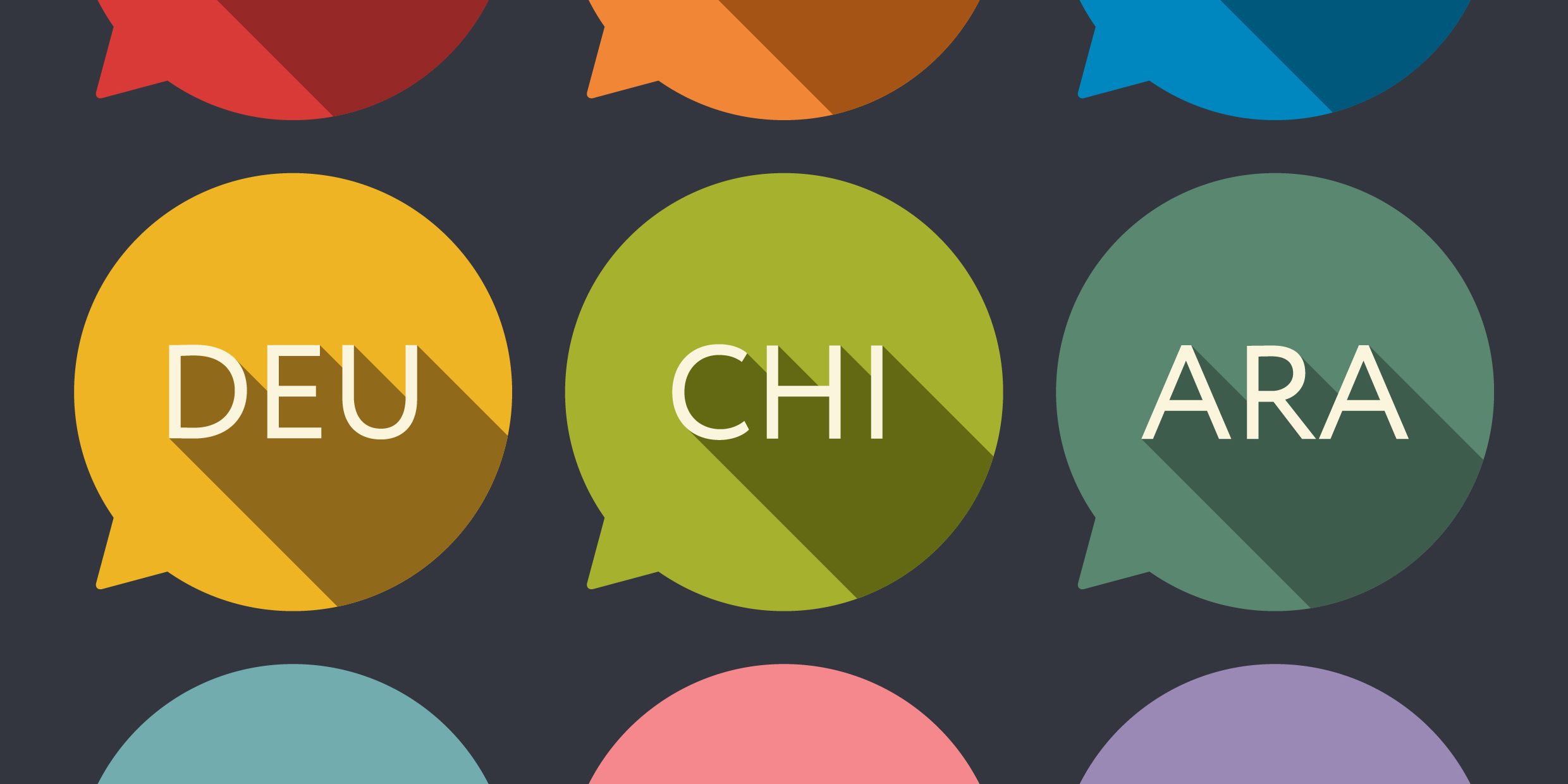Communication and education go hand in hand, one cannot be accomplished without the other. If a child faces poor communication in an educational environment on a daily basis, the chance of that child receiving a quality education deteriorates significantly. Classrooms in America today are culturally diverse with a mix of children from all over the world, and many cannot understand or speak English. This presents a vast need for professional interpreter services in the education sector, to ensure that all students have equal access to the American education system.
A child’s learning environment impacts cognitive, linguistic, social, and emotional development. It is imperative that the individual needs of every child are met, to ensure a well rounded education is received. An educational interpreter may be needed for interactions with limited English proficient (LEP) parents and children, who do not speak or understand English. Any adult involved in the development of a child becomes a role model, as well as a language model, for that child. All members of a child’s educational team need to work together to provide the best learning opportunities, despite the child’s lack of English proficiency. Implementing the use of an interpreter to ensure that the child is learning and understanding is a rather new form of alternative education, and it takes a professional interpreter with training in the educational setting to handle this unique and rewarding work.
The Role of an Educational Interpreter
The role of an educational interpreter is to facilitate communication between limited English proficient (LEP) students, parents and education faculty. One factor that makes this more challenging is that interpreting for children is very different from interpreting for adults. The age of the child impacts cognitive development, critical thinking, and emotional control. Because of these factors, educational interpreters have to understand how to navigate emotional content as well as know when to intervene for additional clarification and information that will ensure the child understands the interpreting encounter. The aid of a trained educational interpreter is critical to ensuring the child’s ability to understand and comprehend the information being provided to them. An interpreter is an important member of a student’s educational team as they bare the responsibility of ensuring clear communication between the instructor team and the child. A strong development team, with an equal role for the educational interpreter, promotes the best educational experience for any child with a language barrier.
Educational Interpretation for Limited English Proficient (LEP) Children
Many times when dealing with an LEP child or parent, educational interpreters are brought in to facilitate communication during parent/teacher conferences, school board meetings, disciplinary or health meetings, talks with social workers and counselors, or even simply to review the educational needs and plan for the child. Interpreters must be present whenever there is interaction where a language barrier exists. Having an interpreter present allows all parties involved the ability to fully understand and be linguistically present to receive the information being provided, which ensures that the parents are fully involved in the individual educational needs of their children. Providing an interpreter ensures an accurate interpretation of information, strategies and development plans that may need to be put in place when teaching an LEP child.
Educational Interpretation for Hearing Impaired Children is a Full-Time Role in the Classroom
Providing educational interpreting for deaf children typically is a full time job. Interpreters are hired to take on a “teaching” role within the classroom and are in turn heavily depended on in many different factors by the children and the faculty. The interpreter’s job is to enable the child with access to the general curriculum that is being taught in the classroom through sign language. The incorporation of an interpreter can also help with facilitating communication between deaf and hearing children, which aids in social interaction and development. An interpreter’s consistent presence in the classroom can provide a deaf child with the tools they need to receive an education in a language they understand.
Niki’s Int’l Ltd. is a language service provider who has a network of interpreters available in over 350 languages and dialects. Their linguists are trained and certified professionals that are able to effectively and accurately facilitate communication between your educational faculty, LEP parents, and LEP students in your school. Providing an educational interpreter during LEP interactions allows for all parties to be linguistically present, ensuring a clear understanding for everyone involved. Having a qualified interpreter ensures your organization is in compliance with Title VI of the Civil Rights Act of 1964, a federal law which covers discrimination as a result of language barriers in the public education setting. Additionally, having a licensed Sign Language interpreter ensures you are in compliance with the Americans with Disabilities Act, a federal law which applies to all programs and activities offered by a public education system.
Niki’s Int’l Ltd. is a WBENC-Certified Women Business Enterprise with 20 years of language service experience. A global network of highly skilled translators and interpreters are available 24 hours a day, 7 days a week for on-site, telephonic and video remote interpretation services. Our linguists are available in over 350 languages and dialects, and our network includes certified translators and interpreters. Our work is guaranteed with a $1 Million Errors & Omissions policy, so that you can be confident that your project will be completed with the highest level of quality and professionalism within the field. For more information contact us at 1-877-567-8449 or visit our website at www.nilservices.com.


